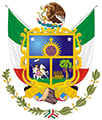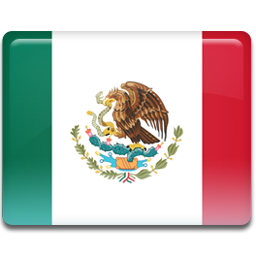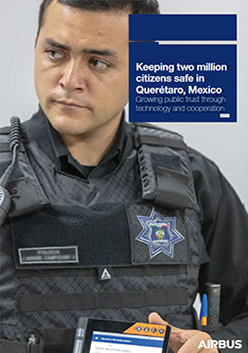People living in Mexico’s state of Querétaro are among the safest in the country – and with 2,000,000 citizens to look after, keeping them that way is a tall order. To help achieve its mission and to increase peoples' trust in authorities, Querétaro state is adopting more collaborative ways of working.
Keeping two million citizens safe
Like most of the world’s public safety forces, the authorities in Mexico’s Quéretaro state are under constant pressure to keep a lid on crime. They also have ambitious goals to increase peoples' trust in authorities. Lower crime means safer citizens, which will build more trust between the state and the public. And like most authorities, Querétaro state sees communications as essential to its mission.
The state has high ambitions for protecting its two million citizens, who generate around 3,000 emergency (911) calls each day. It wants to build on the success of using the existing nationwide IRIS Tetrapol network, which supports some 200,000 Federal, state and municipality users across the country’s 31 states.
Growing public trust through technology and cooperation
Querétaro state recognized that it needed to implement new ways of working based on close collaboration between agencies and with citizens. It also saw opportunities for implementing new, efficient capabilities
through more advanced communications.
As well as their Tetrapol radios, many of the state’s users have smartphones provided by mobile operators. While useful, the commercial technology’s security and reliability fall short of the exacting needs of professional use. The challenge is how to bring broadband services into use securely and in a controlled way.
This is why Airbus is developing the MXLINK service for Querétaro state. MXLINK is a Secure Mobile Virtual Network Operator (SMVNO) service and it enables a secure, controlled use of mobile communications. This, in turn, helps ensure the security of operators and can improve not only the service, but public confidentiality as well.
Importantly, the state has completed the migration of its network to Tetrapol IP to ensure long term support for Tetrapol services which will continue to be used for mission-critical voice and data. Migration is also the first step towards a complete switch to mission-critical broadband in the longer term.
More information handled more quickly
Querétaro state is also pioneering the country’s use of tablets by police officers in the field. As well as providing a useful way to communicate with each other, the tablets enable officers to complete crime reports and file them with the Attorney’s Office directly from the incident scene.
The sheer convenience of the new technologies in the field has led to a 35.5% increase in the filing of crime reports over the last 2.5 years. This is a major advance in the state’s goal of encouraging greater participation from citizens, as well as increasing public trust.
Public safety professionals also have more information in their hands, enabling them to be better prepared to do their job. They can respond faster, deal with more incidents more quickly and provide better protection for people and property.
Closer collaboration and the adoption of new technologies has helped to make Querétaro one of the safest states in Mexico today.
Find out more
Want to learn more about this pioneering case? Download the Querétaro case study –
Or discover more insights into how Querétaro state is using technology to build public trust –
read our interview with Mr Juan Martin Granados Torres from the State of Querétaro, or the latest article: 3 real-life examples of seamless evolution to secure broadband.
Querétaro’s command centre is one of the world’s most exciting and modern ones. Find out what really is behind the centre’s success in this blog post:
What is the secret recipe for successful public safety command?
Querétaro is one of the safest of Mexico’s 32 states. Much of its success is based on adopting nine methods to boost trust in its police force. Learn what they are: 9 proven methods that are winning Mexican citizens' trust
Segment
Region
Latin America And Mexico
Country

The CQ-CIAS command centre in Querétaro houses around 80 personnel.

The Centro de Coordinación Querétaro (CQ-CIAS) deals with around 2,400 emergency calls a day.

A police officer on duty.

All crime reports at a State level are taken by police officers on site, using a tablet.
Share this story






